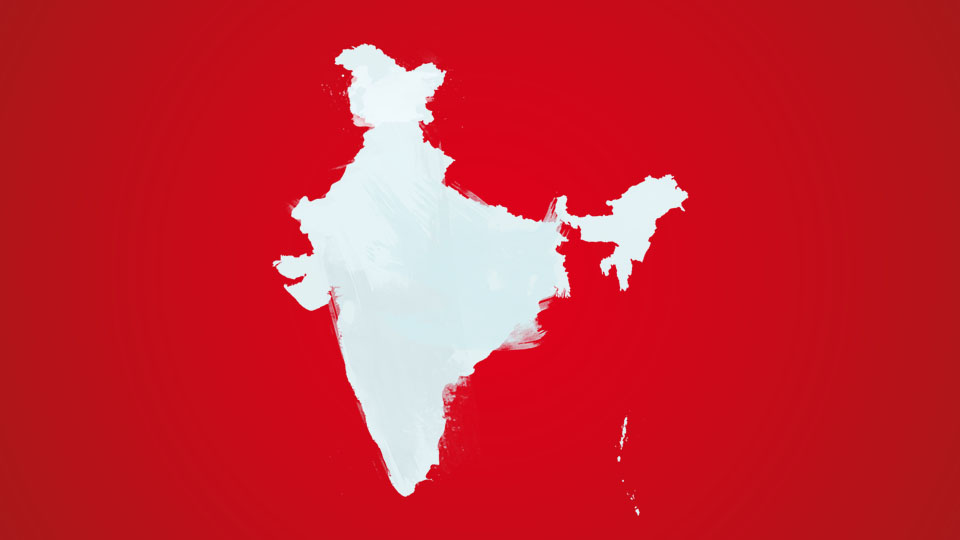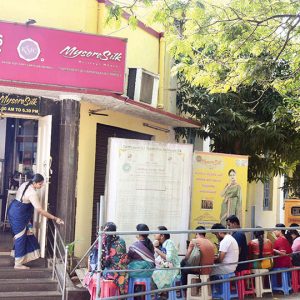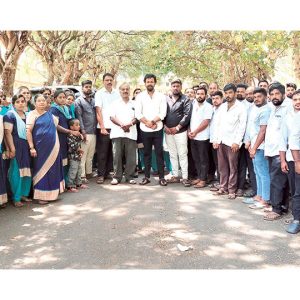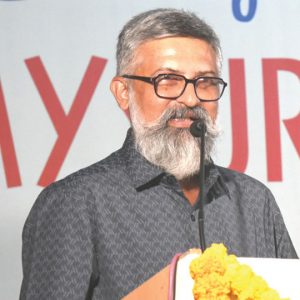India of ancient times, the then Bharatavarsha, much more in geographical area than that of the country after, and even before partition, has played host to scholars seeking knowledge at its zenith, a feature narrated in the history of Nalanda University, which is said to have on its rolls a 2,000-strong faculty and 10,000 students over 800 years between fifth and twelfth century coming from foreign countries, far and near. In a contrast of sorts, the land has also been visited by conquerors such as Alexander the Great of Macedonia in Greece during 356 BC and later the Moghals, Babur (1526-30 reign) being the founder of Moghal Empire, marauders such as Malik Kafur (14th century) and Ghazni Mohammed (17th century) who plundered wealth in addition to ruining sculptures of temples. Keeping company of these unwelcome aliens setting foot on the land have been explorers such as Vasco da Gama of Portugal (1498) and traders, particularly the British, who later colonised and ruled over the land’s people, details of which are familiar to students of the land’s history.
The foregoing brief narrative on inter-country movement of humans, specially in the past, has some similarities with the still continuing inter-city movement of people of the country, for which Bengaluru and Mysuru serve as unmistakable examples. One may notice the few differences between the two events, namely a) inter-country visits of the distant past and b) inter-city movement of the land’s diaspora over the past few decades and continuing, namely, neither conquest nor destruction is involved, but only search of greener pastures in Karnataka’s urban spaces.
The entry to and taking residence in the two major cities of the State by people hailing from other regions of country, in a trickle to start with and gradually swelling to their current headcount doesn’t have a history of more than a few decades. After taking a firm footing in the State’s prosperous two cities, through mainly trading and pursuing business enterprises, the sections among them turned their attention to cultural side to their life. Founding of region-specific groups such as Tamil Sangam, Kerala Samajam, Andhra Samskruthika Sangha, Bangiya Samithi, Punjabi Association and so on has happened without any sign of din, except on celebratory occasions.
All has been well in the glorious tradition of Kannadigas, accepting and even welcoming the influx of people speaking different tongues over past few decades until voices have been raised by pro-Kannada outfit that adjusting to the threat faced by local trading fraternity and also to Kannada, particularly for communicating in public domain. Barring people of the land outside Jammu and Kashmir from owing property is an unacceptable measure while people in the rest of the land have the only option of adjusting after accepting the ongoing influx.








Recent Comments